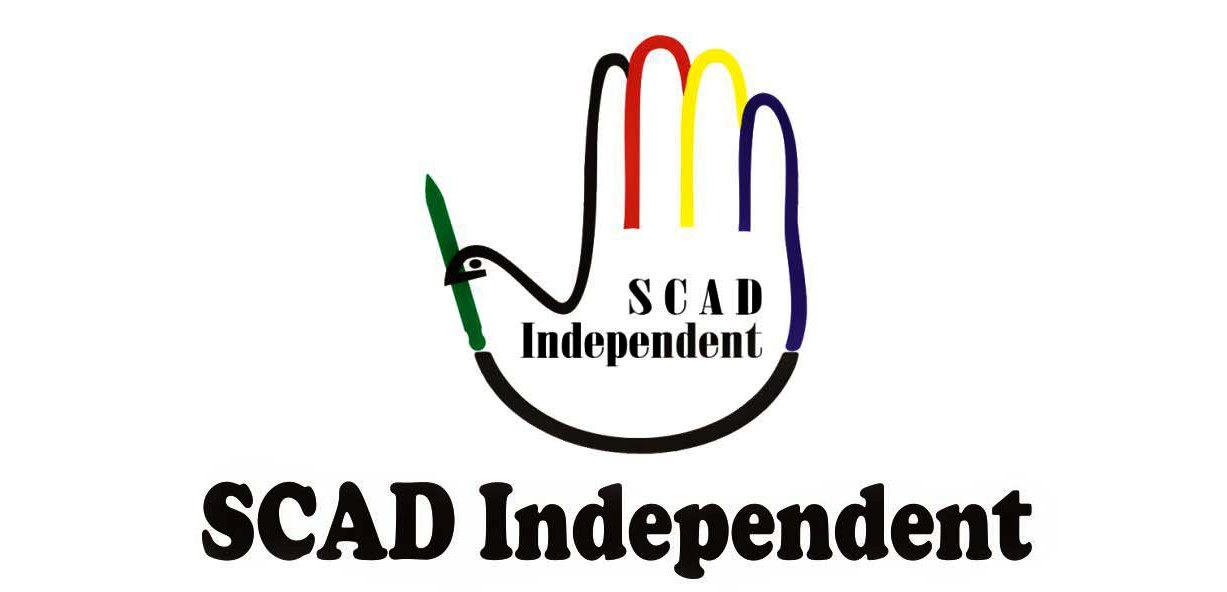SCAD Independent, as an academic and scientific publisher, wants to ensure that all authors are careful and comply with international standards for academic integrity, particularly on the issue of plagiarism. SCAD Independent strongly condemns and discourages the practice of plagiarism. Plagiarism is the exposure of another person’s thoughts or words as though they were your own, without permission, credit, or acknowledgment, or because of failing to cite the sources properly. Plagiarism can take diverse forms, from literal copying to paraphrasing the work of another. We consider 'Plagiarism is a crime. Even when it occurs unintentionally, plagiarism is still a serious academic violation and is unacceptable in international academic publications. When the author learns specific information (a name, date, place, statistical number, or other detailed information) from a specific source, a citation is required (this is only forgiven in cases of general knowledge, where the data is readily available in more than five sources or is common knowledge).
When the author takes an idea from another author, a citation is required—even if the author then develops the idea further. This might be an idea about how to interpret the data, either what methodology to use or what conclusion to draw. It might be an idea about broad developments in a field or general information. Regardless of the idea, the authors should cite their sources. In cases where the author develops the idea further, it is still necessary to cite the original source of the idea, and then in a subsequent sentence, the author can explain her or his more developed idea.
SCAD Independent uses Crossref Similarity Check (iThenticate), Turnitin software, and our own software to detect submissions that overlap with published and submitted manuscripts. Editors can see our Similarity Check page for more information on how to interpret these reports. Manuscripts that are found to have been plagiarized from a manuscript by other authors, whether published or unpublished, will be rejected and the authors may incur sanctions. Any published articles and books may need to be corrected or retracted. All received manuscripts have to pass through a check for the similarity rate, which is done using CrossCheck, by ‘Plagiarism Detection Software’ before forwarding for peer review.
- An author can literally copy another author’s work- by copying word by word, in whole or in part, without permission, acknowledging or citing the original source. This practice can be identified by comparing the original source and the manuscript/work that is suspected of plagiarism.
- Substantial copying implies an author reproducing a substantial part of another author, without permission, acknowledgment, or citation. The substantial term can be understood both in terms of quality and quantity and is often used in the context of Intellectual property. Quality refers to the relative value of the copied text in proportion to the work as a whole.
- Paraphrasing involves taking ideas, words, or phrases from a source and crafting them into new sentences within the writing. This practice becomes unethical when the author does not properly cite or does not acknowledge the original work/author. This form of plagiarism is the most difficult to identify.
SCAD Independent takes academic integrity very seriously, and the editors reserve the right to withdraw acceptance from a paper found to violate any of the standards set out above. As part of its general right to remove the article, the editors under SCAD Independent publisher reserve the right in their sole discretion to delete or make inaccessible files that do or may contain material that violates the applicable law, SCAD Independent policy, or the rights of third parties.
For further information, potential authors can contact the editorial office at info@scadindependent.org.






